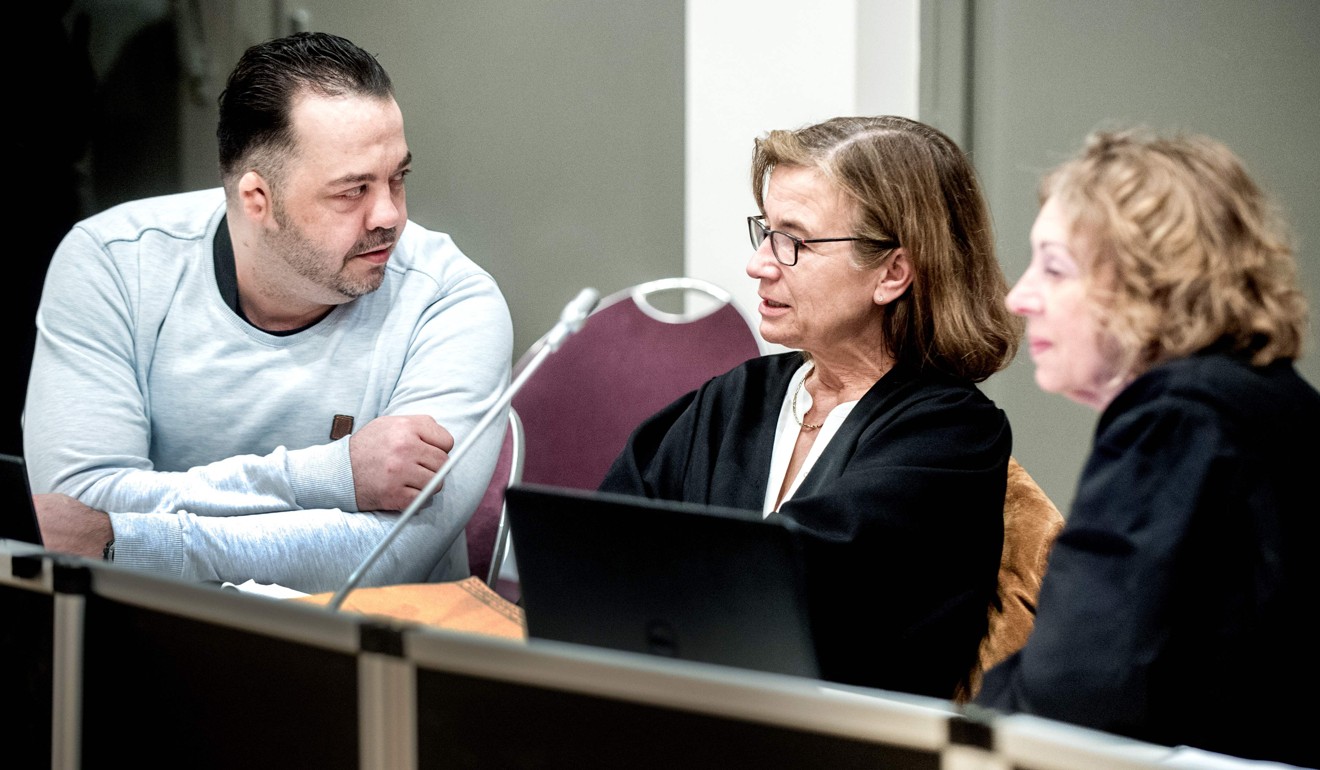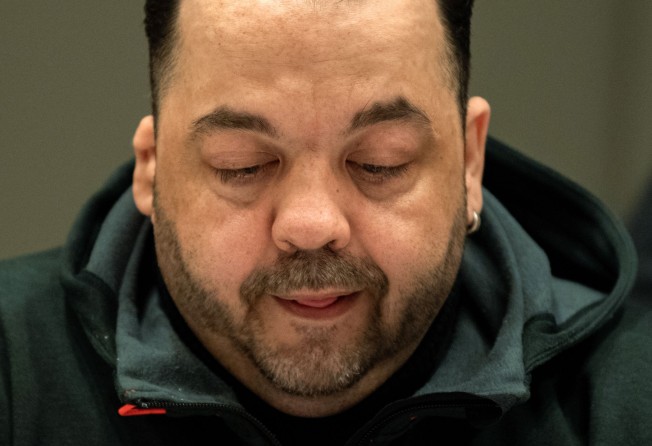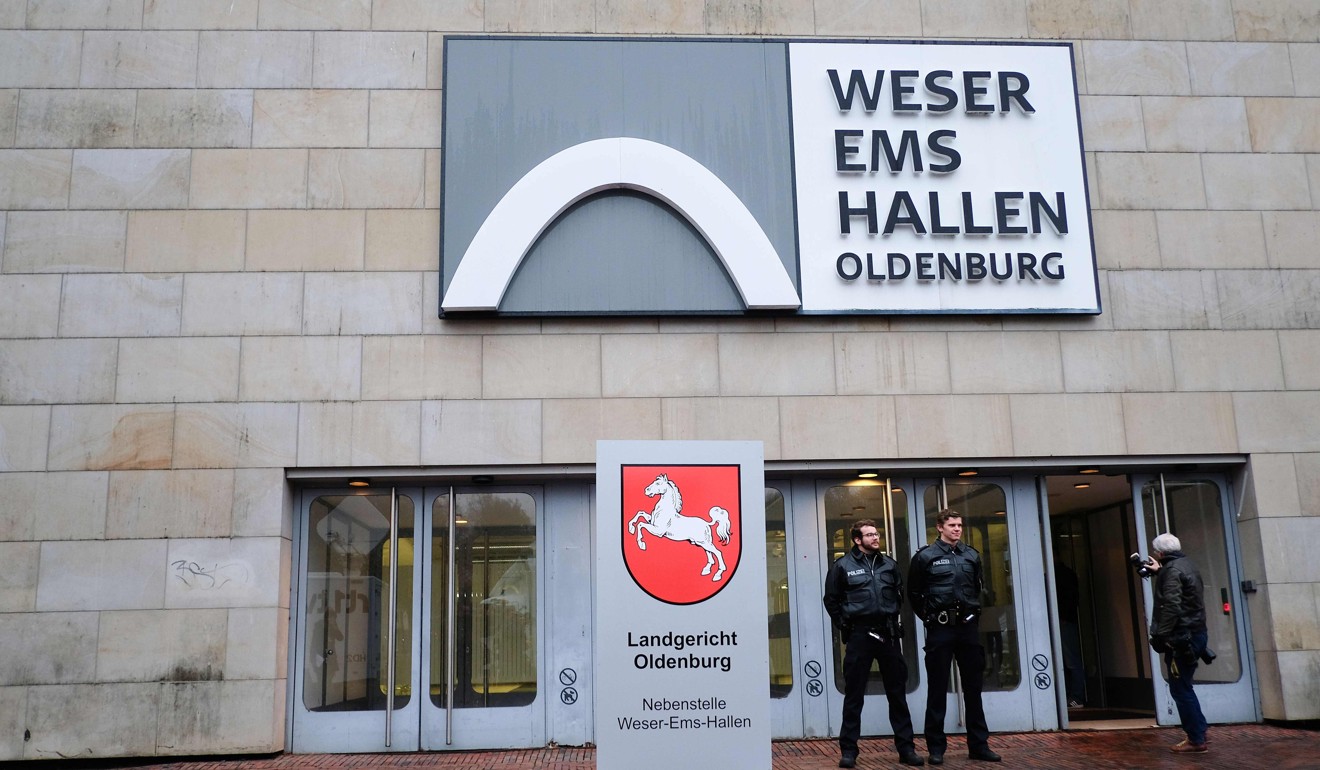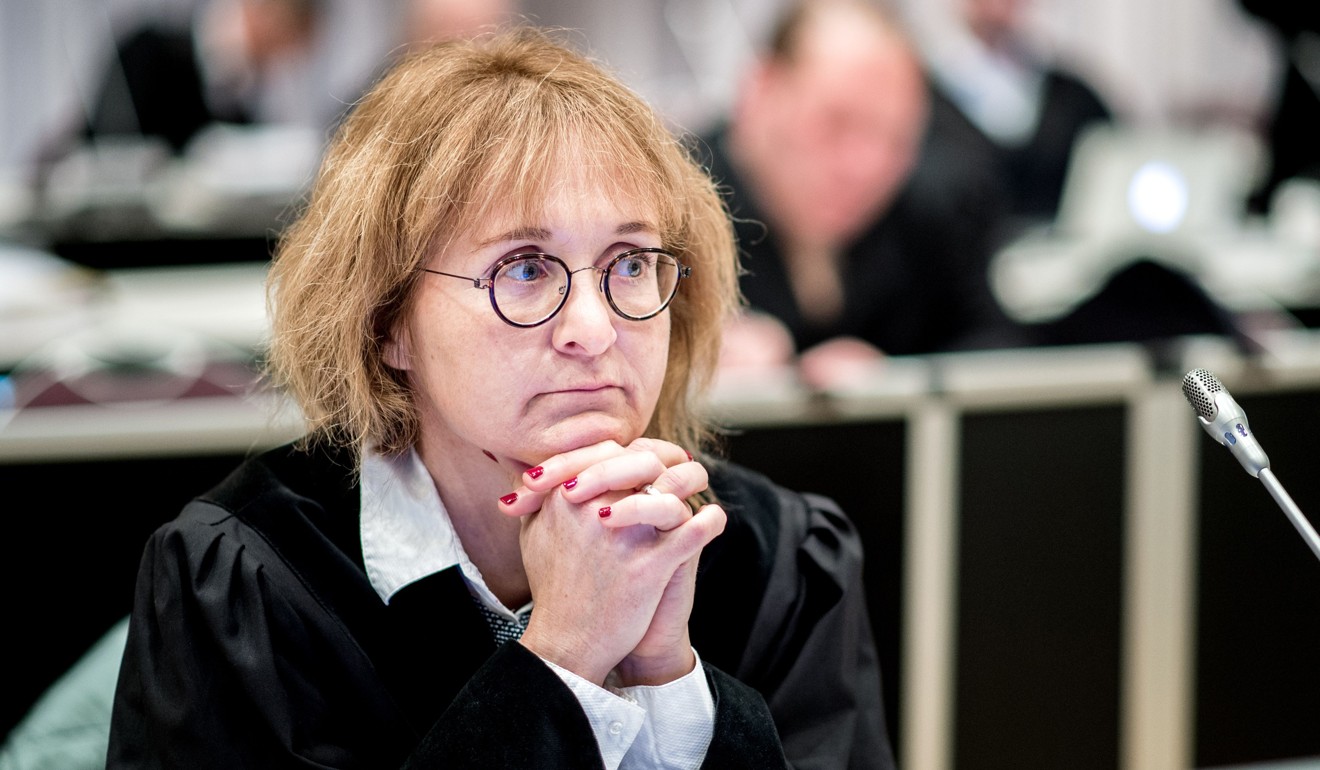
German serial killer nurse gets life sentence for 85 hospital murders
- Between 2000 and 2005, Niels Hoegel selected scores of patients at random to be given lethal injections – ranging in age from 34 to 96
- The court was unable to determine how many people he killed, due to gaps in his memory and the fact that many likely victims were cremated

A former nurse who liked to put patients into cardiac arrest because he enjoyed the feeling of being able to resuscitate them was convicted on Thursday of 85 counts of murder, making him what is believed to be the worst serial killer in modern German history.
Oldenburg court judge Sebastian Buehrmann sentenced 42-year-old Niels Hoegel to life in prison, noting the “particular seriousness of the crimes” in his verdict and labelling the killing spree “incomprehensible”.

Hoegel worked at a hospital in the northwestern city of Oldenburg between 1999 and 2002 and another hospital in nearby Delmenhorst from 2003 to 2005. He murdered patients selected at random with lethal injections between 2000 and 2005, when he was caught in the act. His victims ranged in age from 34 to 96.
Hoegel has already spent a decade in prison following a previous life sentence he received in 2015 for two murders and two attempted murders. There are no consecutive sentences in the German system, but the court’s ruling on the seriousness of the crimes all but ensures he will remain incarcerated after the standard 15-year term is up.
The exhumation and autopsy of more than 130 bodies were necessary to build the case for the prosecution and police suspect the final death toll may be more than 200.
But the court was unable to say for sure because of gaps in Hoegel’s memory and because many likely victims were cremated before autopsies could be performed.
During his first trial, Hoegel said that he intentionally brought about cardiac crises in some 90 patients in Delmenhorst because he enjoyed the feeling of being able to resuscitate them. He later told investigators that he also killed patients in Oldenburg.
In all, he was tried in Oldenburg on 100 counts of murder but the court found him not guilty on 15 counts for lack of evidence. During the seven-month trial, he admitted to 43 of the killings, disputed five and said he could not remember the other 52.
Buehrmann, of the regional court in Oldenburg, said the number of deaths at Hoegel’s hands “surpasses human imagination”.

He expressed regret that the court had not been “fully able to lift the fog” for loved ones about other likely victims.
On the final day of hearings on Wednesday, Hoegel expressed shame and remorse, asking his victims’ families for forgiveness for the pain and suffering caused by his “terrible deeds”.
“To each and every one of you I sincerely apologise for all that I have done,” he said.
Caught in 2005 while injecting an unprescribed medication into a patient in Delmenhorst, Hoegel was sentenced in 2008 to seven years in prison for attempted murder.
A second trial followed in 2014-2015 under pressure from victims’ families, at which he was found guilty of murder and attempted murder and given the maximum sentence of 15 years – called a life sentence in Germany.
At the start of the third trial in October, Buehrmann said its main aim was to establish the full scope of the killing that was allowed to go unchecked for years.
“It is like a house with dark rooms – we want to bring light into the darkness,” he said.
Victims’ advocates say the court failed woefully at the task, due in large part to Hoegel’s own contradictory testimony.
After admitting on the first day of testimony to killing 100 patients in his care, he later revised his statement. He now says he committed 43 murders but denies five others.
For the remaining 52 cases examined by the court, he says he cannot remember whether he “manipulated” his victims – his term for administering the ultimately deadly injections.
“That leaves people in the dark – it doesn’t allow them to mourn,” said Petra Klein of the Weisser Ring crime victims’ organisation in Oldenburg. She described the legal proceedings as “trying” for the loved ones.

Psychiatrist Max Steller told the court that while Hoegel bears responsibility for his acts, he suffers from a “severe narcissistic disorder”.
He “is always fundamentally ready to lie if that allows him to put himself in a better light”, Steller said.
The defendant claims, for example, not to remember his first victim, who died on February 7, 2000.
However a serial killer never forgets his first victim, Steller asserted, “meaning that he probably ‘manipulated’ before that”.
Driven by a desire to show off his skills in bringing patients back from the brink of death, Hoegel repeatedly gambled with the lives of vulnerable victims. Most often, he lost.
While former colleagues in Delmenhorst admitted to having had their suspicions about Hoegel, all the staff from Oldenburg who testified said they were oblivious to the body count stacking up on his watch.
Buehrmann appeared exasperated by what he called this “collective amnesia”.
Ten of the witnesses are now facing possible charges for perjury, according to a spokesman for the prosecution.
Klein said that, at this point, the biggest hope of the victims’ families was that Hoegel “should never emerge from prison”.
She said the idea that he would one day walk free – which is not inconceivable under the German justice system – would be “unbearable for many of them”.
Additional reporting by Agence France-Presse